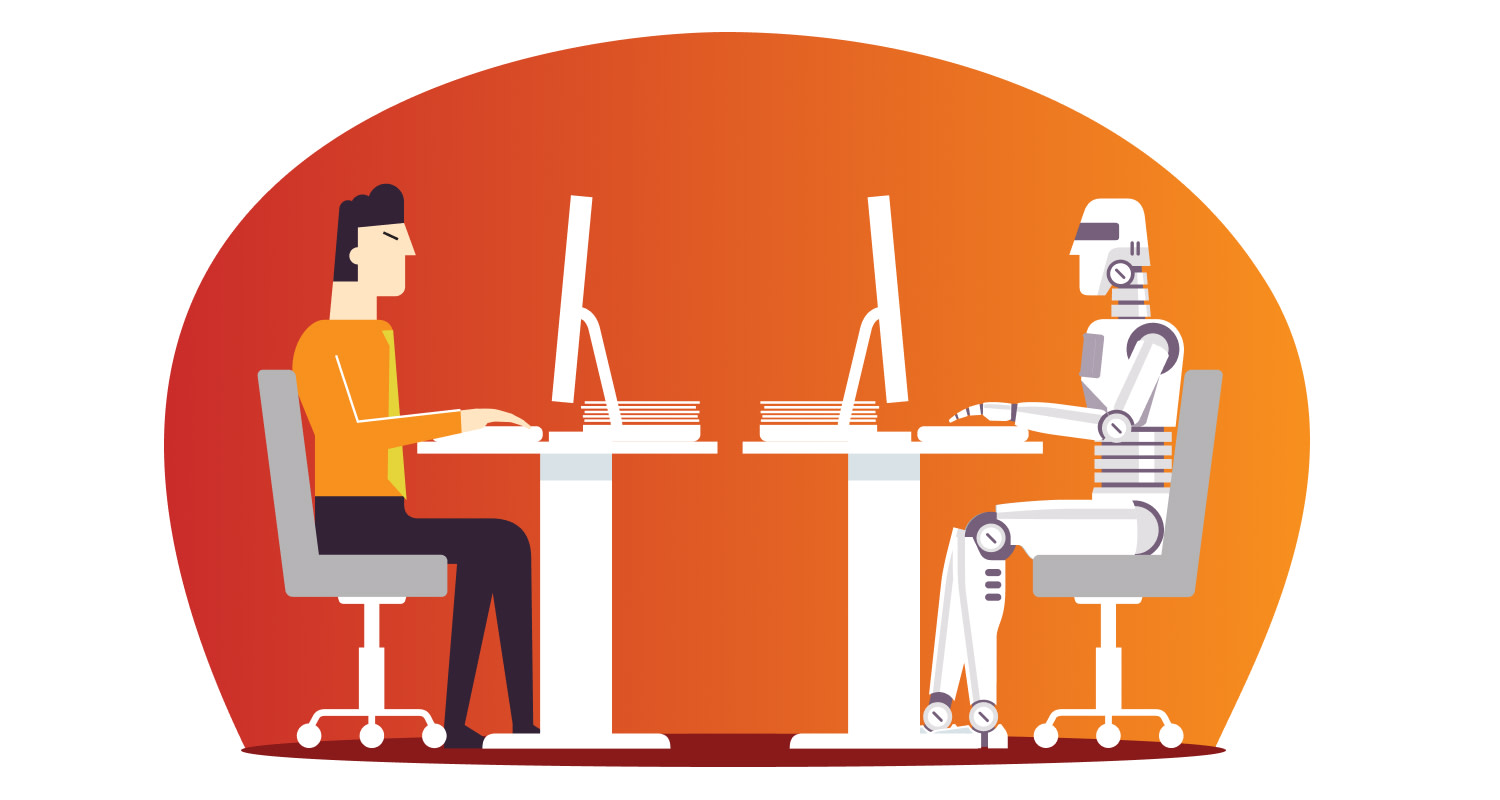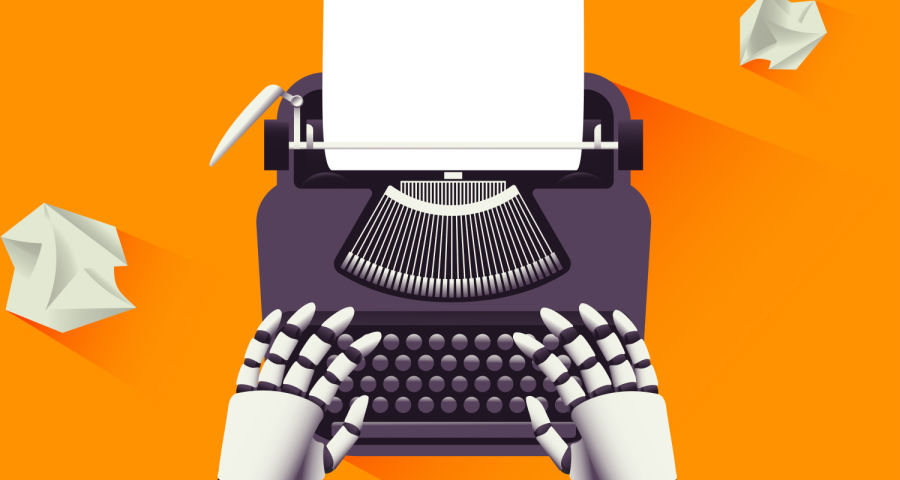//
May 31, 2023
The Future of Content Marketing: A Collaboration Between AI and Copywriters
Ah, the nostalgia of the bygone era when writing and research meant leafing through physical books at the library, meticulously crafting bibliographies.
As a copywriter who entered the scene during the tumultuous year of 2008, I witnessed the challenging landscape of journalism firsthand. Newspapers were struggling to survive, grappling with the rise of "citizen journalists" empowered by rapidly evolving technologies, flooding the internet with their content.

Just as the media outlets found their footing and adapted to the digital age, we, as marketing copywriters, find ourselves amid another evolution in content writing:
AI.
Admittedly, when I first heard about the rising popularity of ChatGPT and other AI content-generation tools, I was hesitant to embrace it. But there's no turning back, and to survive tech changes, one must learn to adapt, even if it seems to go against all of my old-school writing training. What would my journalism and writing professors think if they saw me using AI?!
I hesitated to dive into AI content generation, but once I did, I was sold. Not because it would do my job for me—it can't!—but because it helps me do my job better.
As I delved deeper into AI and its remarkable capabilities, I quickly discovered its power to automate repetitive tasks, extract valuable insights, and optimize our content strategies. This newfound efficiency opened up a world of possibilities, allowing me to redirect my attention to what makes human copywriters truly special: our ability to weave compelling stories, empathize with our audience, and create relatable content.
So, if you're a apprehensive about implementing AI or you're a business owner who is considering ditching your copywriter for an automated tool, this blog is for you.
We'll review what AI GPT is and how it can--not replace--human copywriters
So let's jump in. The water's fine!
AI and GPT: A Quick Overview
AI GPT stands for Artificial Intelligence (AI) Generative Pre-trained Transformer. GPT refers to the specific model architecture developed by OpenAI called the Generative Pre-trained Transformer.
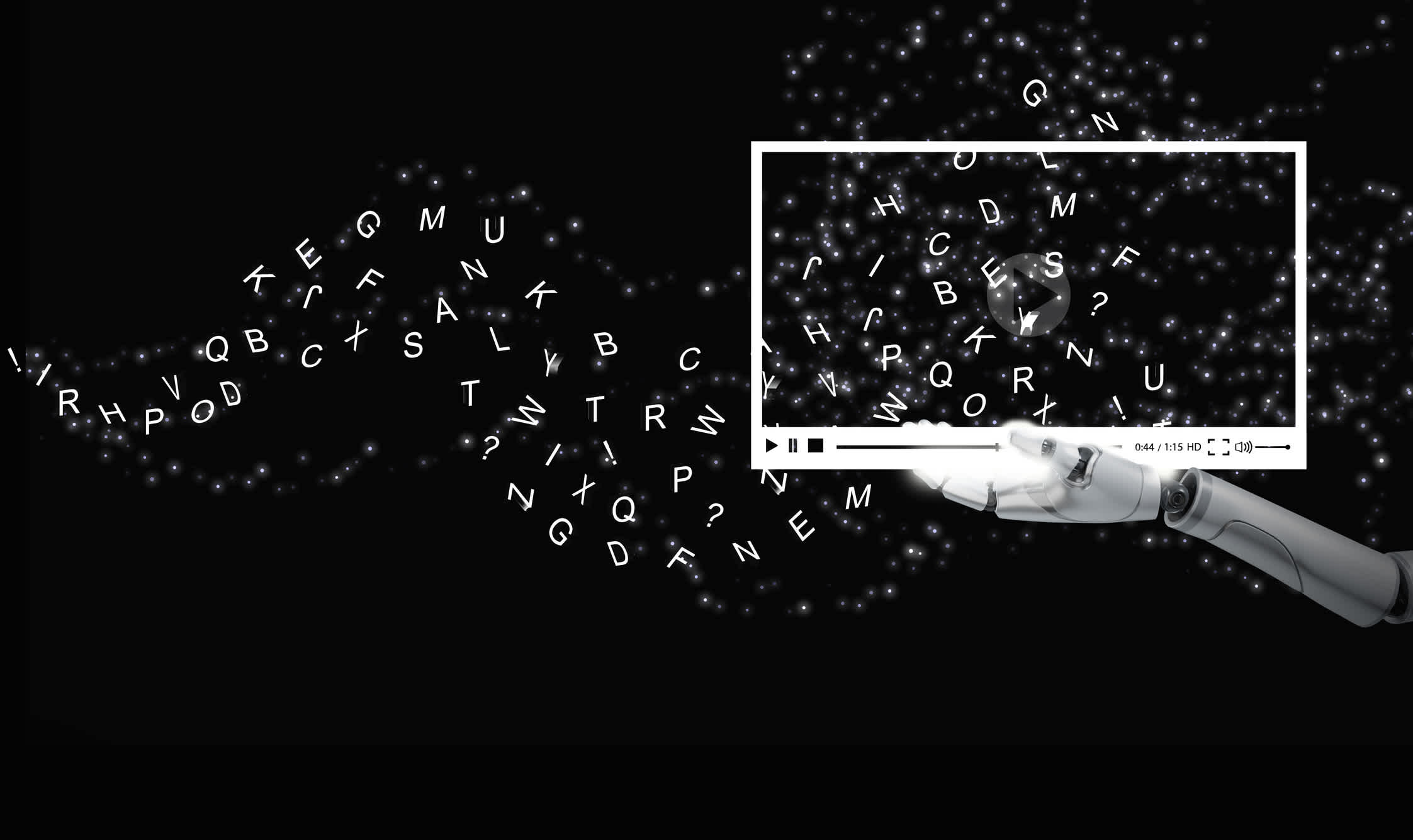
It is a state-of-the-art language model that uses deep learning techniques to generate human-like text based on the input it receives. GPT models, including GPT-3, have been trained on massive data to understand and generate coherent and contextually relevant responses to user prompts.
AI as a Tool, Not a Takeover
It is crucial to understand that AI is not meant to replace human copywriters but to enhance their capabilities.

AI should be seen as a tool that assists copywriters in their work, providing them with valuable insights and speeding up the content creation process. The true potential lies in leveraging AI's abilities to augment human creativity and expertise, resulting in more efficient and impactful content strategies.
Efficiency and Skill Enhancement— The Benefits of AI in Content Marketing
AI-powered tools can significantly improve the efficiency of human copywriters.
Automation can take care of repetitive and time-consuming tasks such as data analysis, content research, and proofreading, allowing copywriters to focus on more creative aspects of their work. By eliminating mundane tasks, copywriters can invest their time and energy in crafting compelling narratives, engaging storytelling, and understanding the needs of their target audience.
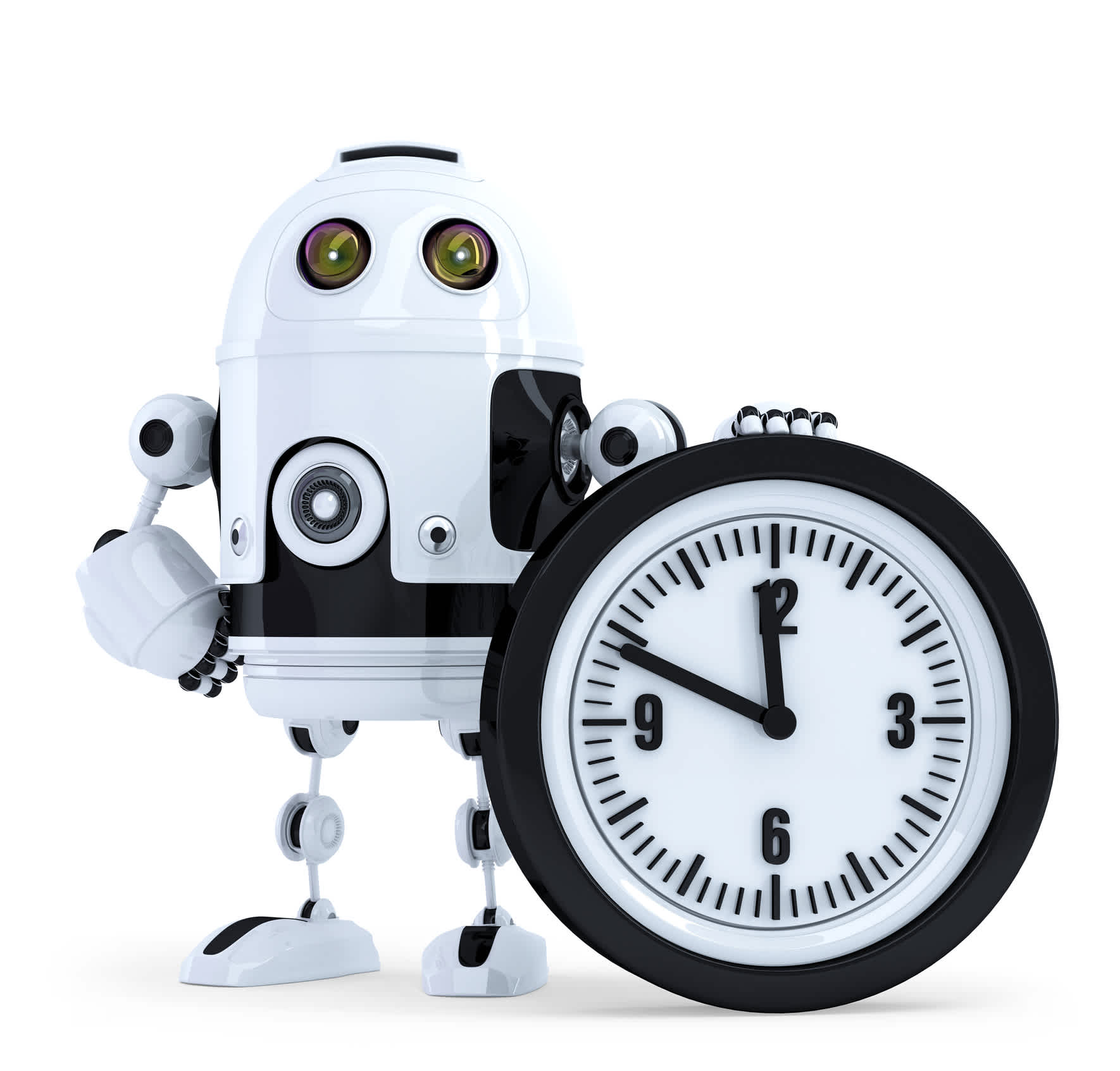
Also, AI can act as a valuable collaborator, offering suggestions, generating ideas, and providing data-driven insights that can guide the copywriting process.
With AI's ability to process vast amounts of data quickly, it can uncover patterns and trends, helping copywriters make informed decisions about content strategy, target audience preferences, and keyword optimization.
The Human Touch and Emotional Connection
While AI can assist in generating content, it lacks the innately human qualities that make copywriting genuinely impactful.
Human copywriters possess a unique ability to infuse emotions, creativity, and authenticity into their work.

They can understand and reflect on the nuances of human experiences, building strong emotional connections with the audience.
Copywriters possess the skill of storytelling, using language, metaphors, and anecdotes to captivate readers and evoke desired emotions. This human touch adds depth and personality to the content, making it relatable and memorable.
WATCH MORE: I talk about content creation vs/ storytelling over at the Watercooler, Watermark’s monthly Vlog.
AI, on the other hand, struggles to replicate this level of emotional intelligence and creativity.
Wait, Isn't Using AI Cheating at Creating Content?
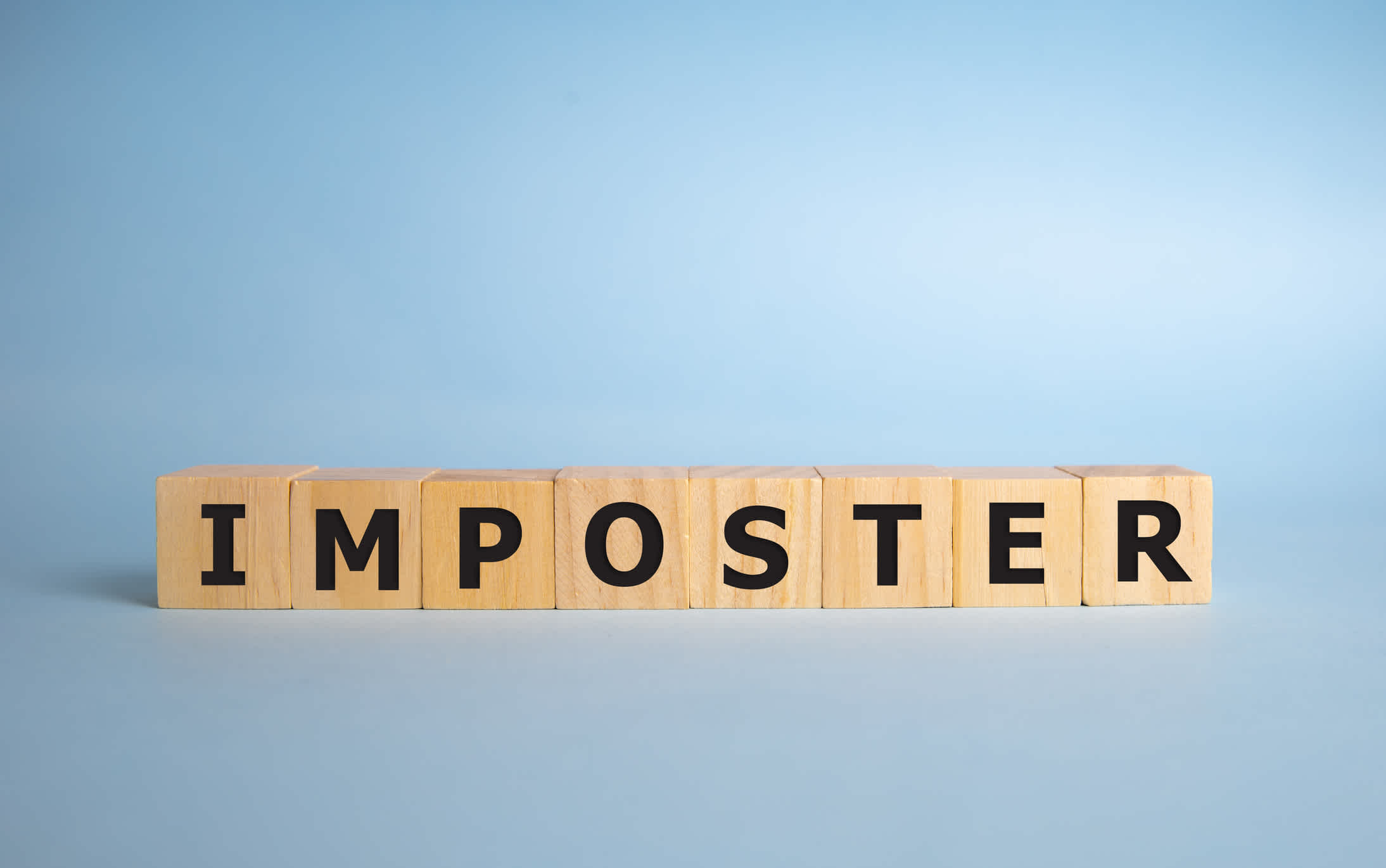
One common concern among content marketers is the fear that using AI for content creation might be considered "cheating."
This perception is misguided. Yes, using AI-generated content can result in misinformation and plagiarism, but if the writer uses it as a tool and not a fail-safe writing option, you should be clear.
READ MORE:
Content marketing aims to communicate effectively with the target audience and drive meaningful engagement.
If AI tools can assist in achieving this objective more efficiently, it should be seen as an advantage rather than cheating.
Content creation involves a combination of data-driven insights, industry expertise, and creative storytelling.
AI can provide the data-driven aspect, enabling copywriters to focus on delivering high-quality content tailored to the target audience's specific needs.
By leveraging AI's capabilities, copywriters can elevate their craft and create more impactful and engaging content.
When to Use AI in Content Creation
I used to resist using AI for digital marketing content generation. However, writing content for multiple industries every day, I now see how it can be a valuable tool while still allowing me the freedom of creativity that comes with being human.
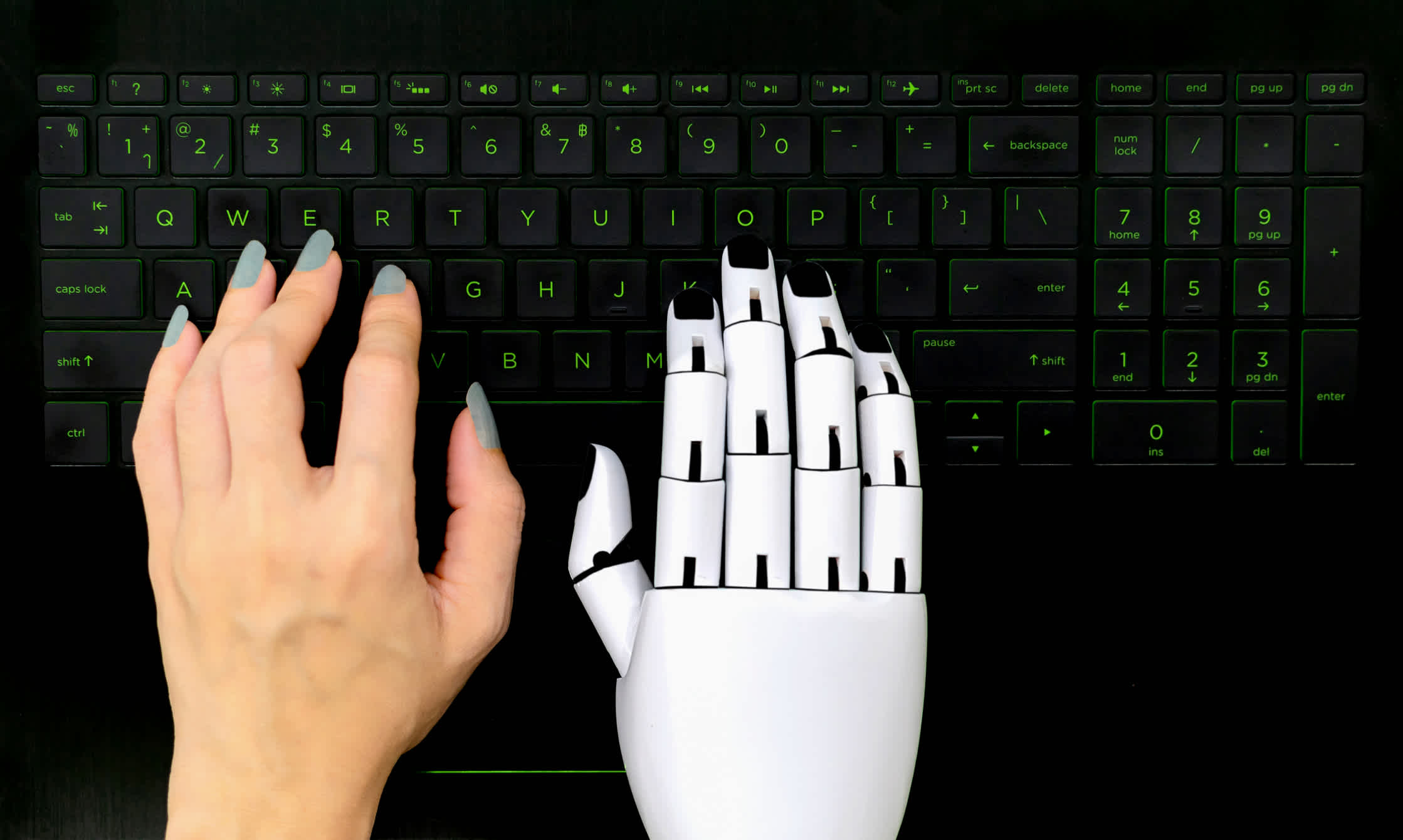
Here are some practical ways I use AI every day to create customized and valuable content for our clients:
- Prompts and brainstorming
- First Drafts and outlines
- Efficient research
- Editing:
READ MORE:
Limitations of Solely Relying on Content Generation
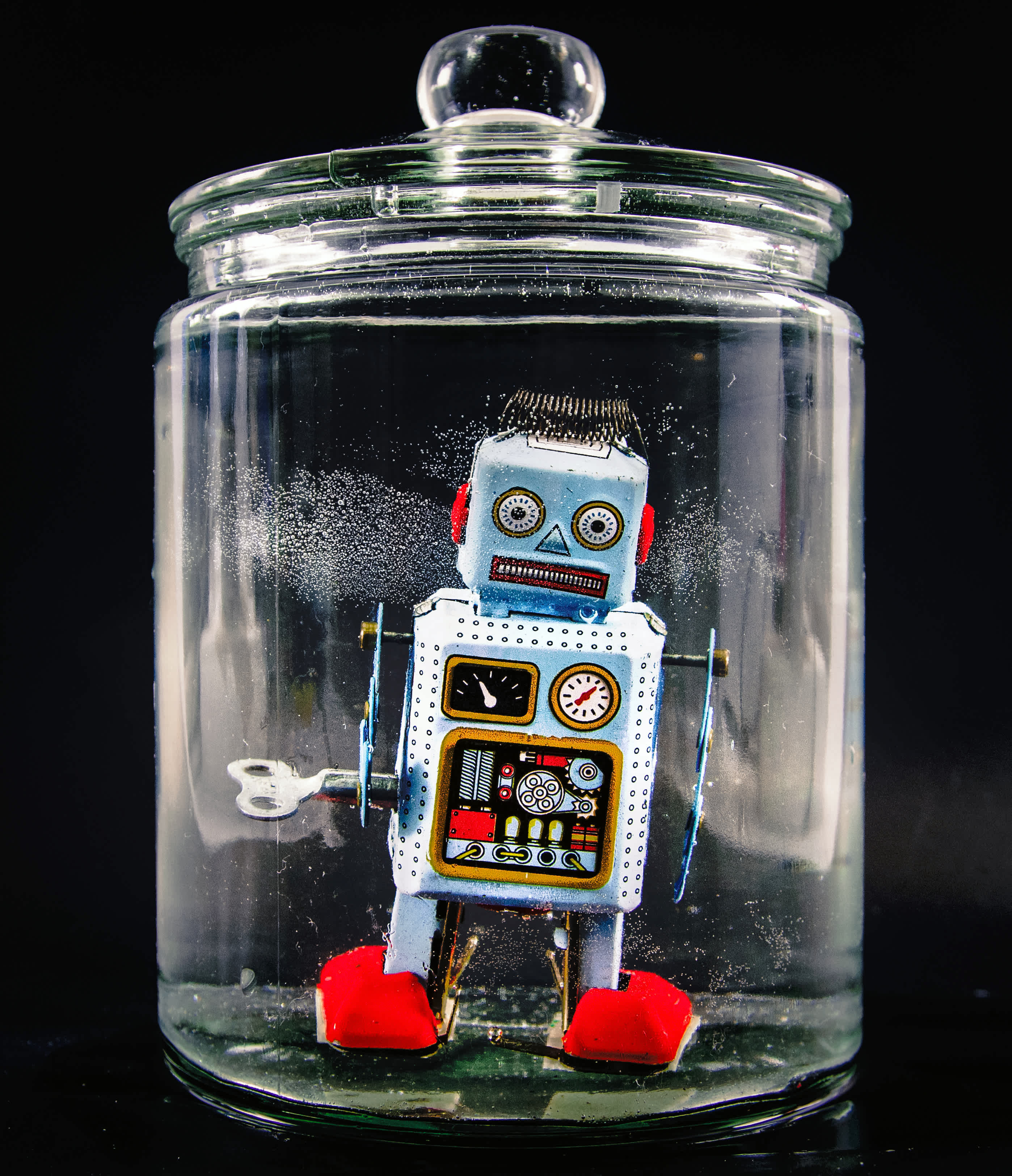
Content marketing has become an essential part of any business's marketing strategy. With the rise of AI-powered content generation tools, some companies are considering using them instead of skilled human writers.
However, relying solely on content generation is not a great idea, and here's why:
- AI has limitations
While AI-powered content generation tools can write a blog in minutes, they have limitations. They cannot understand the nuances of language, tone, and context that a human writer can. This can result in content that is bland, repetitive and lacks personality.
- Fact-checking and editing are still necessary
Even though AI-generated content may save time in the writing process, it still requires fact-checking and editing. AI tools cannot fact-check or edit their content, meaning a human writer will still need to spend time reviewing and correcting the content.
- Content needs to resonate with your audience
Content marketing is about creating content that resonates with your audience and drives engagement. AI-generated content may be technically correct, but it may not connect with your audience emotionally. This can result in lower engagement and fewer conversions.
- Content needs to be original
In today's digital age, original content is crucial. Duplicate content can harm your SEO efforts and damage your brand's reputation. AI-generated content may be similar to existing content, which can result in duplicate content issues.
So while AI-powered content generation tools may seem like a quick and easy solution, they have limitations. Relying solely on content generation can result in bland, repetitive, and unoriginal content that does not connect with your audience.
Fact-checking and editing are still necessary, and a human writer's touch is crucial to creating content that resonates with your audience and drives engagement.
The Future of Content Marketing: Staying Ahead of the Curve

Discover more AI statistics
So, will robots take over the world and our jobs?
While I cannot predict the exact future, one thing is certain: humans will always need humans. The human element in marketing is essential for genuine audience connection, empathy, and understanding of their pain points and buyers' journey. Removing the human touch from marketing would result in a world devoid of creativity, ingenuity, connection, and consumer trust. If AI solely generated every piece of content on the internet, the consequences could be detrimental.
Imagine a scenario where marketers and businesses solely rely on AI-generated content without any human maintenance, proofreading, editing, or fact-checking. Consumers are perceptive, and they can sense when content lacks authenticity. In an age where consumers prioritize a brand's values and transparency when making purchasing decisions, relying solely on AI-generated content can erode trust. Consumers want to engage with content that is carefully crafted and aligns with their values. If marketers prioritize quantity over quality by churning out unvetted AI content, it can negatively impact the brand's reputation.
Maintaining the human element in marketing allows for creativity, critical thinking, and the ability to adapt to changing consumer preferences. Humans can infuse content with emotions, storytelling, and personal experiences that resonate with the audience. This connection is invaluable and cannot be replicated by AI alone.
While some may fear that robots are on the verge of taking over the world and all our jobs, the reality is far from it. Instead, we can expect a future where Artificial Intelligence (AI) and automation provide us with more time and resources to enhance our human-centric skills.
Here are two tips to stay ahead of rapidly evolving technologies in content creation and marketing!

- Embrace Emerging Technologies:
To excel in content marketing, embrace emerging technologies like voice search and chatbots. Experiment with these tools to engage your audience creatively. Stay ahead, adapt to consumer preferences, and deliver resonating content.
- Continuously Learn and Evolve:
Content marketing evolves rapidly, so adopt a growth mindset and commit to ongoing learning. Stay updated on trends, attend industry events, engage with thought leaders, and leverage AI tools. This knowledge will empower you to navigate the changing landscape and integrate AI effectively.
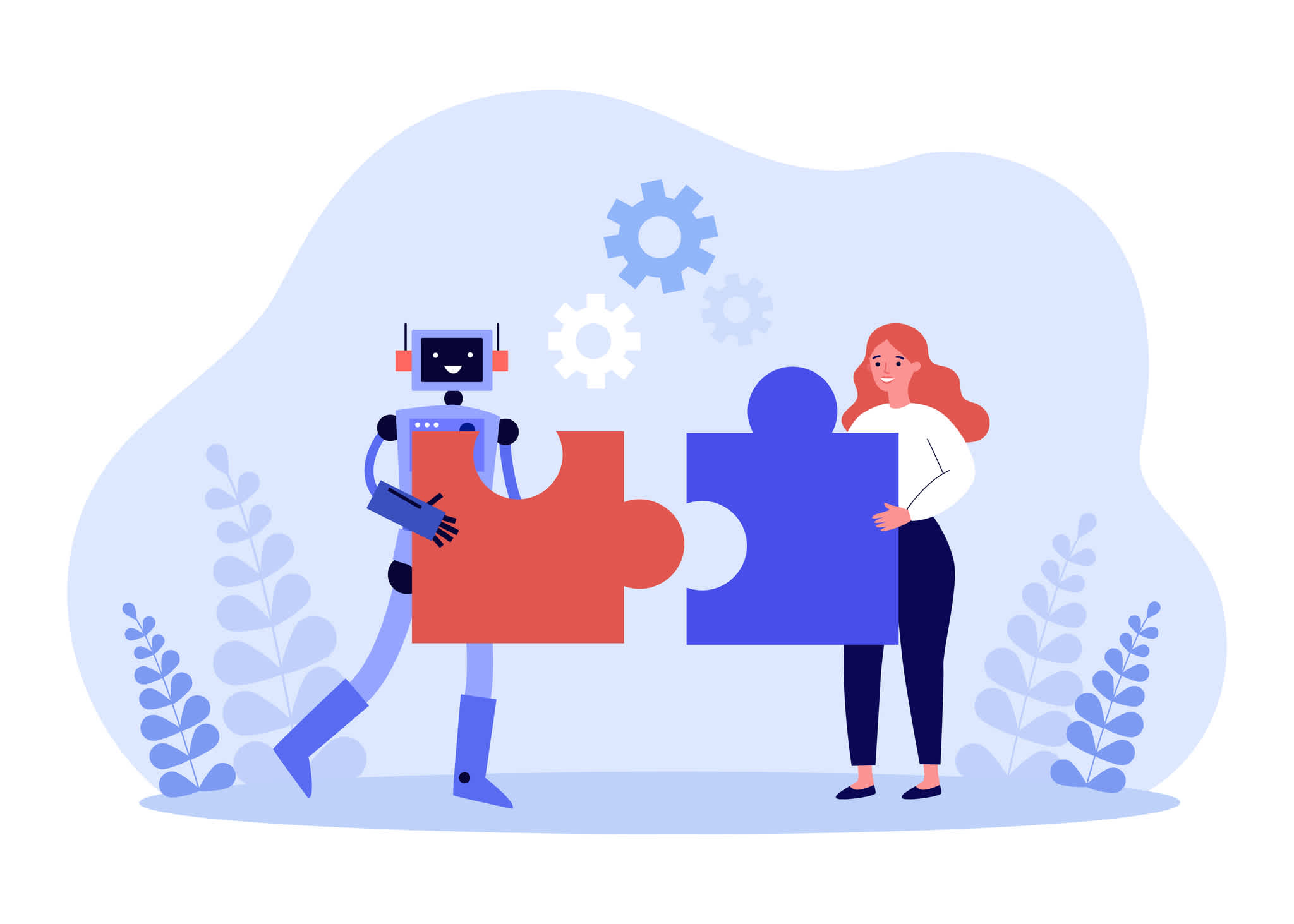
AI is not infallible.
Sure, it can generate content based on patterns and algorithms, but it cannot truly understand human emotions, context, and cultural nuances. The risk of AI-generated content being misinterpreted or causing unintended consequences is high. Human involvement ensures content is reviewed, fact-checked, and aligned with the brand's values and messaging.
The takeaway? Don't ditch your human copywriter!
Businesses must maintain human involvement in content creation to genuinely relate to the audience, speak with empathy, and build trust.
So, follow the sage advice from Robert VanWinkle, a.k.a. Vanilla Ice:
"..Stop. Collaborate. And listen..."
By combining the strengths of AI with human creativity, critical thinking, and ethical oversight, marketers can deliver content that resonates deeply with consumers and establishes long-lasting connections.
Supercharge your digital marketing efforts with Watermark – where the power of AI meets human creativity!
Take your brand to new heights and drive exceptional results with our cutting-edge technology and expert marketers. Experience the perfect blend of innovation, strategy, and artistry. Ready to make a splash?

